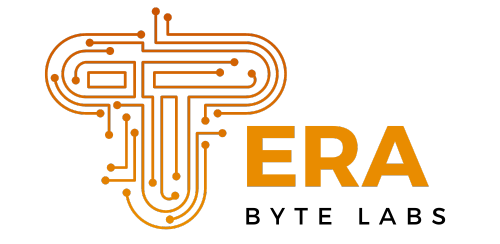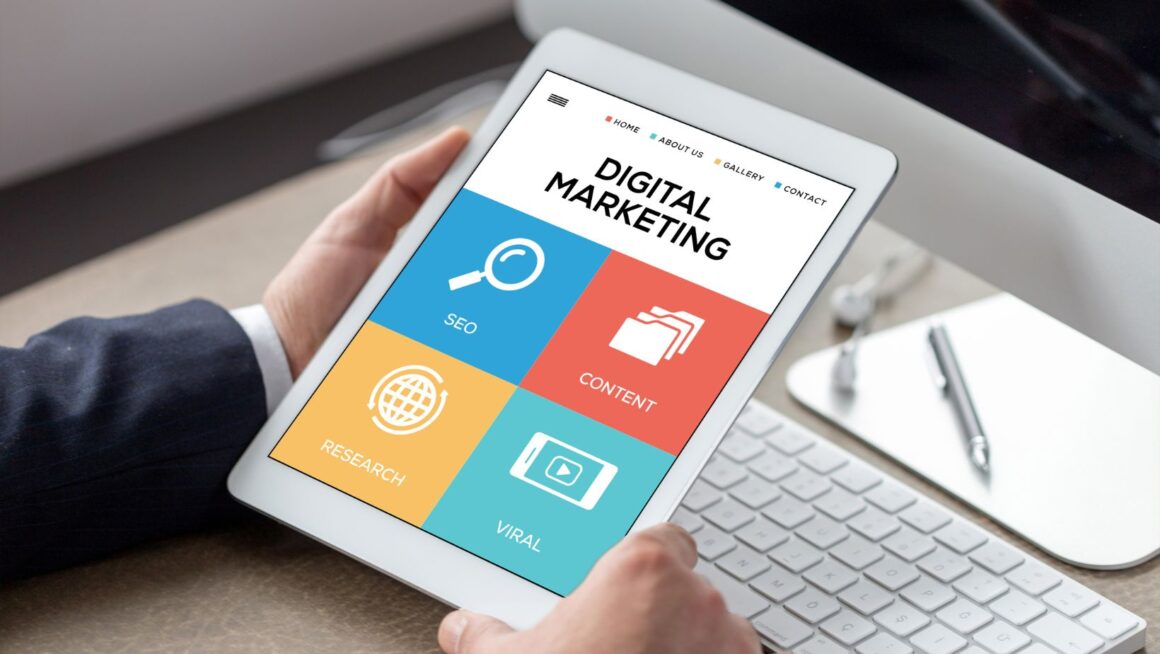The mentoring landscape has been transformed by technological innovation and evidence-based frameworks that enhance the effectiveness of mentor-mentee relationships. Modern organizations and individuals now have access to sophisticated tools and proven models that structure, track, and optimize mentoring experiences. These resources address traditional challenges in mentoring while creating new opportunities for meaningful professional development across diverse industries and contexts.
Comprehensive Mentoring Platforms
Leading digital mentoring platforms have emerged as comprehensive solutions for managing mentoring programs at scale. Chronus delivers enterprise-grade mentoring software with advanced analytics capabilities. The platform supports multiple mentoring models simultaneously, from traditional one-on-one relationships to group mentoring, reverse mentoring, and guided mentoring supported by automated guidance for peer-to-peer mentorships. Chronus’s integration capabilities allow organizations to connect mentoring data with existing human resources systems, creating seamless talent development ecosystems.
MentorCliq offers robust matching algorithms that pair mentors and mentees based on skills, goals, career trajectories, and personality compatibility. The platform provides structured conversation guides, goal-setting templates, and progress tracking dashboards that keep relationships focused and productive.
River is another noteworthy platform that emphasizes skills-based matching and micro-mentoring opportunities. The tool enables organizations to create internal talent marketplaces where employees can find mentors for specific skills or projects, supporting just-in-time learning and development needs.
Specialized Assessment and Matching Tools
Effective mentor-mentee pairing requires sophisticated assessment capabilities that go beyond surface-level criteria. Plum uses psychometric assessments to identify compatibility factors that predict successful mentoring relationships. The platform analyzes working styles, communication preferences, and learning approaches to optimize matches.
StrengthsFinder and similar assessment tools provide valuable insights for mentoring relationships by identifying individual strengths and development areas. When integrated into guided mentoring programs, these assessments help mentors tailor their approaches to each mentee’s unique profile while identifying areas for targeted growth.
Structured Mentoring Models
The GROW model remains one of the most widely adopted frameworks for guided mentoring conversations. This model structures interactions around Goal setting, exploring current Reality, identifying Options, and determining the Way forward. Digital implementations of the GROW model provide templates and prompts that guide both mentors and mentees through systematic development conversations.
The MENTOR model offers another proven framework, focusing on Motivating mentees, Establishing rapport, Nurturing growth, Teaching through experience, Offering support, and Responding to needs. Various platforms have digitized this model, creating guided workflows that ensure comprehensive coverage of these essential mentoring elements.
Situational Leadership models have also been adapted for mentoring contexts, helping mentors adjust their approach based on mentee competence and confidence levels. These adaptive frameworks ensure that mentoring relationships evolve appropriately as mentees develop increasing independence and expertise.
Learning Management Integration
Modern mentoring tools increasingly integrate with learning management systems to create comprehensive development experiences. Platforms like Cornerstone OnDemand and Degreed now incorporate mentoring modules that connect formal learning paths with informal mentoring relationships. This integration ensures that mentoring conversations align with structured learning objectives while providing personalized guidance on applying new knowledge.
Communication and Collaboration Tools
Effective guided mentoring relies heavily on consistent, quality communication between participants. Slack and Microsoft Teams have developed mentoring-specific features that facilitate regular check-ins, resource sharing, and group discussions. These platforms support both synchronous and asynchronous communication, accommodating diverse schedules and working arrangements.
Video conferencing solutions like Zoom and Google Meet have become essential for remote mentoring relationships, offering features like breakout rooms for group mentoring sessions and recording capabilities for later review and reflection.
Analytics and Measurement Platforms
Data-driven mentoring programs require sophisticated analytics capabilities to measure success and identify improvement opportunities. Platforms like Qooper provide detailed insights into relationship health, engagement levels, and outcome achievement. These tools help program administrators optimize matching algorithms, identify at-risk relationships, and demonstrate program value to organizational stakeholders.
Mobile Applications
The proliferation of mobile mentoring applications has made guided mentoring more accessible and convenient.  Apps like MentorCloud and Ten Thousand Coffees enable on-the-go mentoring interactions, quick progress updates, and easy scheduling of meetings. These mobile solutions are particularly valuable for organizations with distributed workforces or busy professionals who need flexible engagement options.
Apps like MentorCloud and Ten Thousand Coffees enable on-the-go mentoring interactions, quick progress updates, and easy scheduling of meetings. These mobile solutions are particularly valuable for organizations with distributed workforces or busy professionals who need flexible engagement options.
Artificial Intelligence Enhancement
Emerging AI-powered mentoring tools are beginning to augment human mentoring relationships with intelligent insights and recommendations. These systems analyze conversation patterns, identify potential challenges, and suggest resources or discussion topics based on mentee progress and goals.
Implementation Considerations
While these tools and models offer tremendous potential, successful implementation requires careful consideration of organizational culture, user adoption strategies, and integration requirements. The most effective guided mentoring programs combine multiple tools and models to create comprehensive ecosystems that support diverse mentoring needs and preferences.
Organizations investing in guided mentoring technology should prioritize solutions that offer scalability, user-friendly interfaces, and robust support for their specific industry or context. The goal is to enhance human relationships rather than replace them, ensuring technology serves as an enabler rather than a barrier to meaningful mentoring connections.


